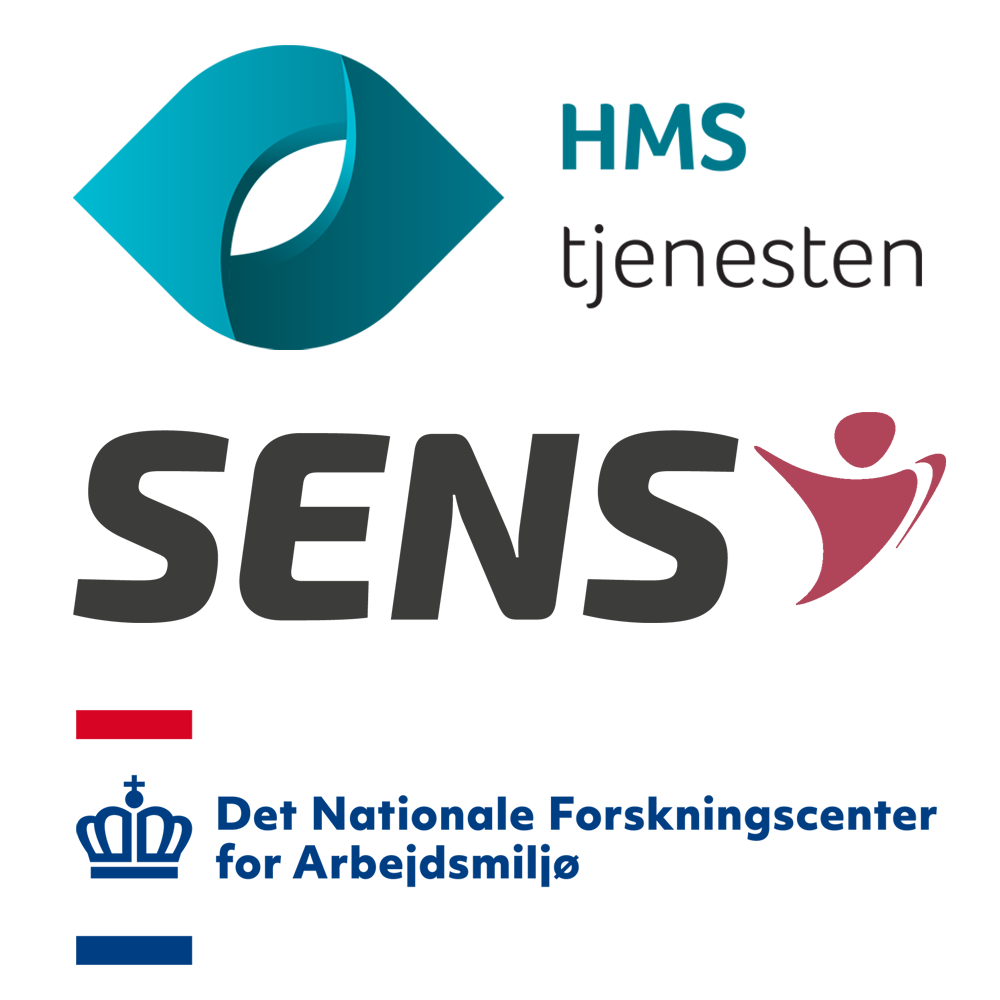The ERGO-Connect project seeks to apply the use of advanced and scientifically proven methodologies to address Musculoskeletal disorders (MSDs) in the workplace. The team is composed of experts in ergonomics, design, sensor technology, and software development. The team will integrate a highly advanced algorithm, which has been developed over a period of ten years, with affordable sensors, a sophisticated back-end system, and an intuitive user interface and application. The algorithm is designed to analyze the movements and postures of workers to identify potential risk factors for MSDs. By collecting data from sensors attached to the workers, the system provides feedback to both the worker and occupational health and safety (OHS) specialists on how to minimize the risk of injury.
ERGO-Connect sensors are specifically designed to be affordable and user-friendly, making them accessible to businesses of all sizes. These sensors transmit data wirelessly to the back-end system for analysis, which is highly advanced and scalable, processing vast amounts of data and providing actionable insights to managers and employees alike. The user-friendly interface and application facilitate feedback and personalized recommendations based on the conditions and risk factors in the workplace. The application is intuitive, allowing workers, managers, and OHS personnel to easily understand MSD risk and take appropriate action to minimize it. In conclusion, the ERGO-Connect project has the potential to significantly enhance worker safety and well-being in the workplace.
By combining advanced algorithms, affordable sensors, and a user-friendly software interface, the project intends to make the latest scientific research on MSDs available and accessible to businesses of all sizes, revolutionizing the way workplaces approach ergonomics and worker health and safety.




